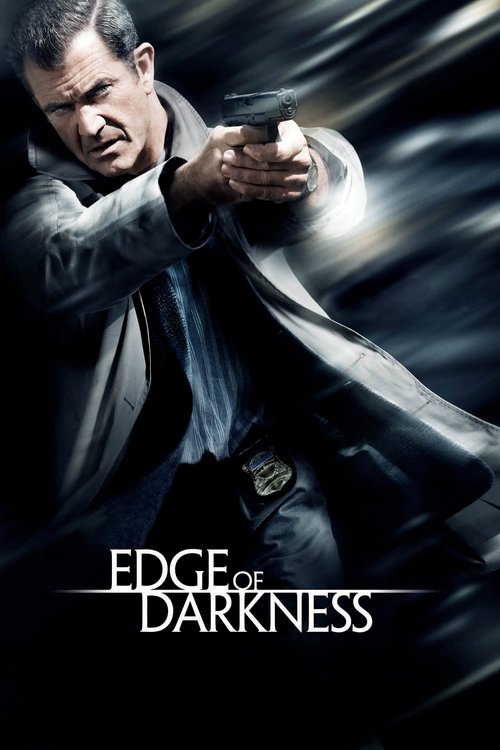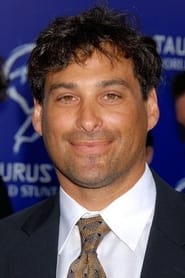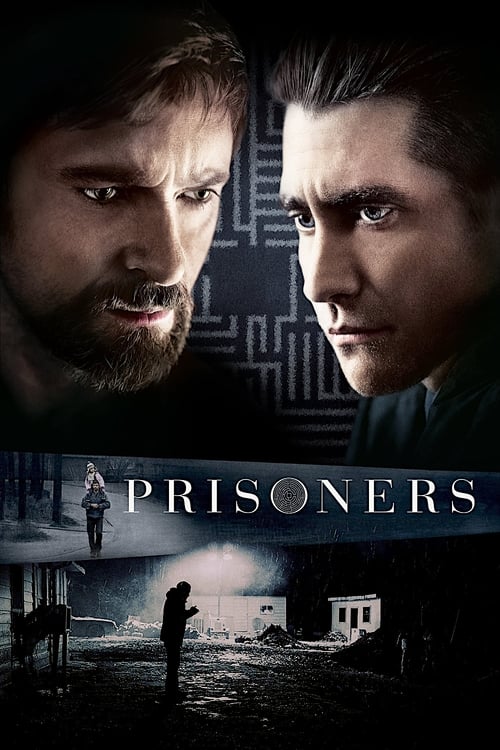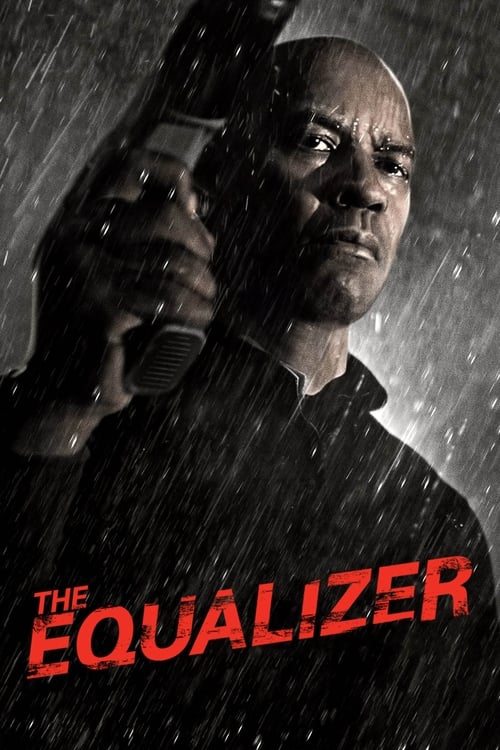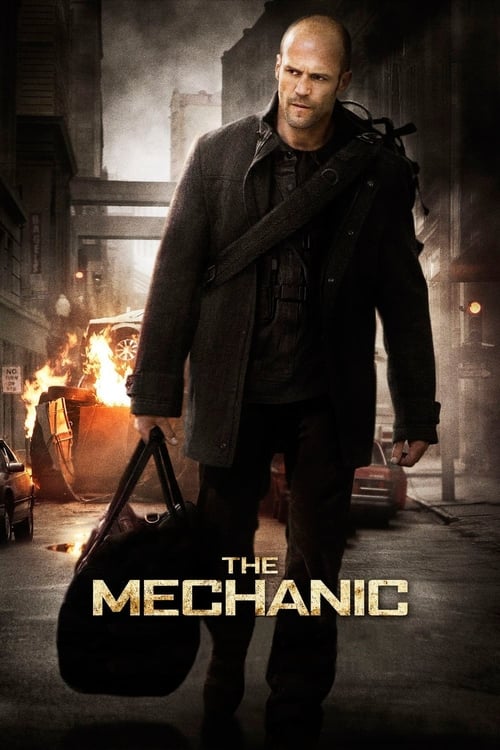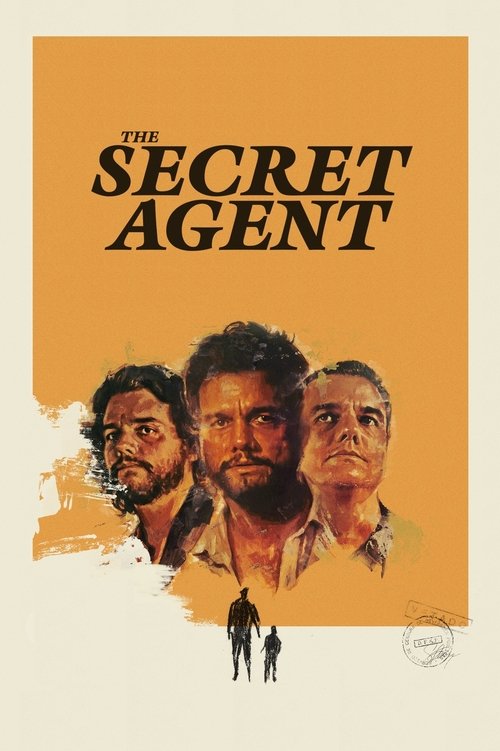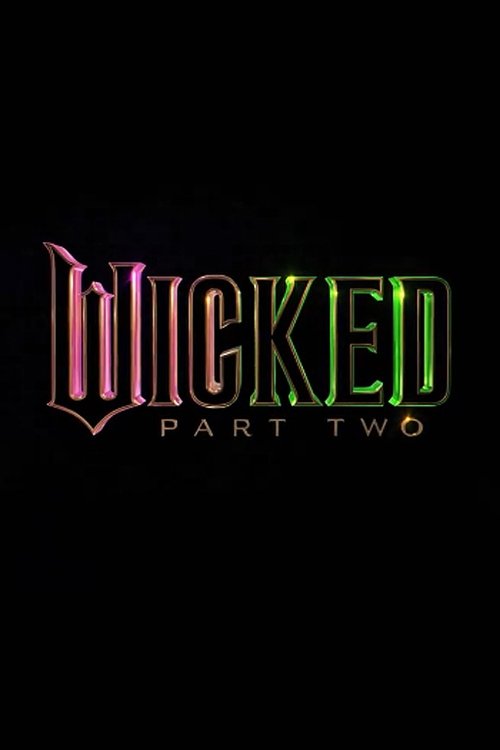
Ask Your Own Question
What is the plot?
Thomas Craven, a seasoned Boston homicide detective, waits at South Station on a cold evening in early 2010 to pick up his daughter Emma, who has returned home after some time away. Emma looks pale and unwell as she climbs into the car, suddenly vomiting and suffering a nosebleed. Concerned, Thomas drives her home, where her condition worsens. As he prepares to get her to a hospital, a masked gunman suddenly appears outside their modest Boston home, shouting "Craven!" before firing two shotgun blasts. One blast tears through the door and strikes Emma, killing her instantly in Thomas's arms. The shock of losing his only child in such a brutal manner shatters Thomas's world.
Initially, everyone assumes Thomas himself was the intended target due to his police work. But as he mourns, Thomas discovers a .45 pistol hidden in Emma's nightstand. The gun belongs to David, Emma's boyfriend, a fact that unsettles Thomas and shifts his suspicion toward Emma as the real target. He confronts David, who is visibly frightened and refuses to talk, only handing over the key to Emma's apartment. Thomas's instincts tell him there is more beneath the surface.
At Emma's apartment, Thomas finds a Geiger counter and soon realizes Emma's hair is radioactive. This discovery deepens the mystery, hinting at dangerous secrets Emma uncovered. Thomas's investigation leads him to Northmoor, a powerful nuclear manufacturing company where Emma worked. Northmoor's CEO, Jack Bennett, coldly dismisses Thomas's questions, claiming they work on clean nuclear energy but refusing to elaborate. Bennett's icy demeanor and evasiveness only fuel Thomas's suspicions.
Thomas's search for answers brings him into contact with Jedburgh, a shadowy figure with ambiguous motives who seems to know more about Northmoor's dark dealings. Jedburgh warns Thomas of the dangerous forces aligned against him but offers crucial information about Northmoor's true operations. It becomes clear that Northmoor is clandestinely manufacturing nuclear weapons designed to be traced back to foreign nations if ever used as dirty bombs, implicating them in a massive conspiracy.
As Thomas digs deeper, he uncovers that Emma was poisoned with thallium, a rare and deadly heavy metal, through a carton of organic milk she drank. The poisoning was a calculated attempt to silence her before her murder. Thomas's grief turns into cold fury as he realizes the extent of the conspiracy and the lengths to which Northmoor will go to protect their secrets.
Thomas's quest for justice becomes violently personal. He confronts and kills several Northmoor operatives, including a scientist and a security guard, in brutal, tense encounters. In one harrowing scene, Thomas shoots a man's hand to force him to reveal information, only to kill him in a grisly manner moments later. Another henchman is crippled after Thomas shoots both his legs, leaving him tumbling down a staircase. The violence escalates as Thomas's restraint crumbles under the weight of his loss.
Jedburgh, who had been a reluctant ally, is ultimately killed by Northmoor's security forces. His death is a pivotal moment, stripping Thomas of his last connection to the outside world and propelling him toward a final showdown. Thomas's relentless pursuit leads him to confront the highest levels of Northmoor's leadership in a climactic battle filled with gunfire, raw emotion, and retribution.
In the film's final confrontation, Thomas faces off against the main culprits behind Emma's murder and the cover-up. He exacts brutal revenge, killing those responsible in a series of violent encounters that leave no doubt about his resolve. The film closes on a poignant, if somewhat sentimental, note as Thomas walks alongside the ghost of Emma, symbolizing his acceptance and the bittersweet closure of his harrowing journey.
Throughout the story, the tension builds steadily--from the initial shock of Emma's murder to the unraveling of a vast conspiracy involving nuclear weapons, corporate greed, and government complicity. The emotional core remains Thomas's love for his daughter and his desperate need for justice, driving the narrative forward with relentless momentum until its bloody, cathartic conclusion.
What is the ending?
In the ending of "Edge of Darkness," Thomas Craven confronts the truth behind his daughter's murder and the conspiracy surrounding it. He ultimately kills the antagonist, Jack Bennett, but is fatally wounded in the process. The film concludes with Craven's realization of the depth of corruption and the loss of his daughter, leaving him with a sense of unresolved grief.
As the climax of "Edge of Darkness" unfolds, we find Thomas Craven, played by Mel Gibson, in a tense confrontation with Jack Bennett, portrayed by Danny Huston. The scene is set in a dimly lit warehouse, where the air is thick with tension and the weight of betrayal hangs heavily. Craven, driven by a mix of grief and rage, has pieced together the puzzle of his daughter Emma's murder, which he believes is tied to a larger conspiracy involving the government and a powerful corporation.
Craven approaches Bennett, who is calm and collected, embodying the cold, corporate ruthlessness that has characterized his actions throughout the film. The dialogue is sharp, filled with accusations and revelations. Craven demands answers, his voice trembling with a mix of anger and desperation. Bennett, with a smirk, tries to downplay the situation, but Craven's resolve is unyielding. He pulls out a gun, and the tension escalates.
In a swift and brutal exchange, Craven and Bennett engage in a violent struggle. Craven's determination is palpable; he is not just fighting for revenge but for the truth about his daughter's life and death. The fight is raw and visceral, showcasing Craven's physical and emotional turmoil. As they grapple, Craven manages to gain the upper hand, ultimately shooting Bennett. The moment is cathartic yet tragic, as Craven realizes that even in his victory, he has lost everything that mattered to him.
However, the victory comes at a cost. In the chaos of the confrontation, Craven is shot by Bennett's men, leaving him severely wounded. As he stumbles away from the scene, the weight of his actions and the loss of his daughter crash down on him. The camera captures his bloodied face, a haunting reflection of his internal struggle and the sacrifices he has made in pursuit of justice.
In the final moments, Craven is seen in a state of despair, grappling with the reality of his situation. He reflects on the life he once had, the love he shared with Emma, and the darkness that has consumed him. The film closes with a poignant image of Craven, alone and broken, as he succumbs to his injuries. The screen fades to black, leaving the audience with a lingering sense of loss and the harsh truth of the world he has navigated.
The fates of the main characters are sealed in this tragic conclusion. Thomas Craven, once a devoted father, is left to die, having avenged his daughter but at the cost of his own life. Jack Bennett, the embodiment of corporate malfeasance, meets his end through Craven's hand, but his death does little to change the systemic corruption that led to Emma's murder. The film ends on a somber note, emphasizing the themes of loss, the quest for truth, and the personal toll of confronting a corrupt system.
Is there a post-credit scene?
The movie "Edge of Darkness," produced in 2010, does not have a post-credit scene. The film concludes with a powerful and emotional climax, focusing on the protagonist, Thomas Craven, played by Mel Gibson, as he confronts the truth behind his daughter's murder and the corruption surrounding it. After the final confrontation and resolution of the main plot, the credits roll without any additional scenes or content following them. The film wraps up the narrative, leaving the audience with a sense of closure regarding Craven's journey and the sacrifices made throughout the story.
What motivates Thomas Craven to investigate his daughter's death?
Thomas Craven, played by Mel Gibson, is driven by a deep sense of loss and a father's instinct to uncover the truth behind his daughter Emma's murder. His emotional state is one of devastation and confusion, as he grapples with the sudden and violent loss of his only child. As he delves deeper into the investigation, his motivation shifts from mere grief to a fierce determination to expose the corruption and cover-ups surrounding her death.
How does Emma Craven's involvement with the company affect the plot?
Emma Craven, portrayed by Brittany Murphy, is revealed to have been involved with a controversial company, Northmoor, which is linked to government contracts and illegal activities. Her decision to expose the company's unethical practices becomes a pivotal plot point, as it sets off a chain of events leading to her murder. This connection not only drives Thomas's investigation but also highlights the themes of corporate malfeasance and the lengths to which powerful entities will go to protect their interests.
What role does the character Darius Jedburgh play in the story?
Darius Jedburgh, played by Ray Winstone, is a mysterious operative who is initially seen as an antagonist. He is sent to clean up the mess surrounding Emma's death and the fallout from her revelations about Northmoor. As the story unfolds, Jedburgh's character becomes more complex; he is torn between his duty to his employers and a growing respect for Thomas Craven's quest for justice. His internal conflict adds depth to the narrative, as he ultimately aids Thomas in uncovering the truth.
What is the significance of the flashbacks to Thomas's past?
The flashbacks to Thomas Craven's past serve to deepen the audience's understanding of his character and his relationship with Emma. They reveal moments of tenderness and connection, contrasting sharply with his present anguish. These memories highlight Thomas's regrets and the bond he shared with his daughter, emphasizing the stakes of his investigation and the emotional weight of his quest for vengeance and truth.
How does the theme of betrayal manifest in the relationships within the film?
Betrayal is a recurring theme in 'Edge of Darkness,' particularly in the relationships between Thomas, Emma, and the people involved in her death. Thomas feels betrayed by the system that failed to protect his daughter and by those who conspired to silence her. Additionally, the revelation of Emma's secrets and her choices leads to a sense of betrayal for Thomas, as he struggles to reconcile the daughter he knew with the complexities of her life and the dangerous world she was entangled in.
Is this family friendly?
"Edge of Darkness," produced in 2010, is not considered family-friendly due to its intense themes and graphic content. Here are some potentially objectionable or upsetting aspects that may affect children or sensitive viewers:
-
Violence: The film contains several scenes of graphic violence, including shootings and physical confrontations that can be quite disturbing.
-
Death: The central plot revolves around the murder of a character, which is depicted in a way that may be upsetting. The emotional fallout from this death is a significant focus of the story.
-
Mature Themes: The film explores heavy themes such as betrayal, corruption, and the consequences of one's actions, which may be difficult for younger audiences to understand.
-
Language: There is the use of strong language throughout the film, which may not be suitable for children.
-
Emotional Distress: The protagonist experiences profound grief and anger, which is portrayed in a raw and intense manner, potentially affecting sensitive viewers.
-
Drug References: There are references to drug use and the implications of drug-related activities, which may be inappropriate for younger audiences.
Overall, the film's mature content and emotional intensity make it more suitable for adult viewers.
Who dies ?
In the movie "Edge of Darkness," several key characters meet tragic fates, significantly impacting the narrative and the protagonist's journey.
The first major death is that of Thomas Craven's daughter, Emma Craven. Early in the film, she is murdered in what initially appears to be a random act of violence. This event serves as the catalyst for the entire plot, driving her father, Thomas Craven, played by Mel Gibson, into a relentless quest for the truth behind her death. Emma's death is not just a plot device; it deeply affects Thomas emotionally, as he grapples with grief, anger, and a sense of helplessness.
As Thomas investigates, he uncovers a web of conspiracy involving a powerful corporation and government officials. Throughout his pursuit of justice, he encounters various characters, some of whom also meet grim fates. Notably, a key character, Darius Jedburgh, portrayed by Ray Winstone, is a government operative who assists Thomas in his quest. However, he ultimately sacrifices himself, dying in a confrontation that underscores the film's themes of betrayal and moral ambiguity.
Additionally, several antagonists and minor characters are killed as Thomas navigates the dangerous landscape of corporate and governmental corruption. Each death serves to heighten the tension and illustrate the lengths to which Thomas will go to uncover the truth and avenge his daughter.
The film culminates in a confrontation that leads to the demise of those responsible for Emma's death, but it leaves Thomas in a state of emotional turmoil, reflecting on the cost of his quest for vengeance and justice. The deaths throughout the film are not just physical losses; they represent the emotional and moral sacrifices made in the pursuit of truth.

